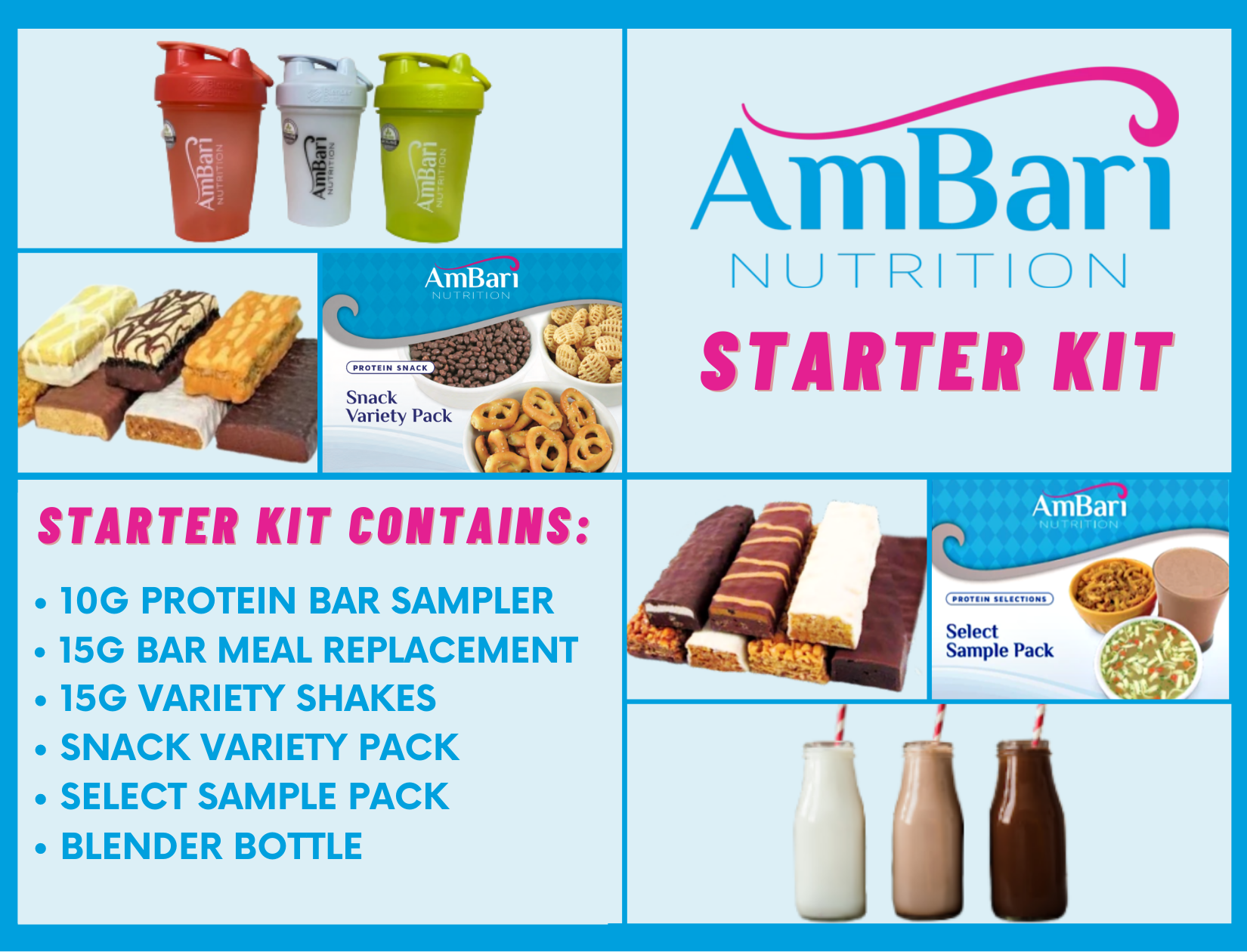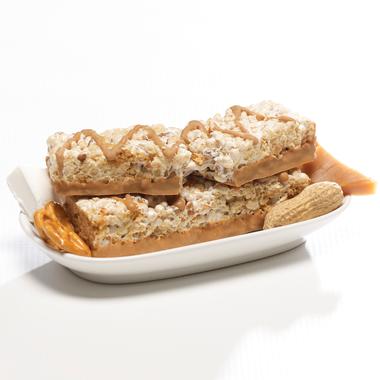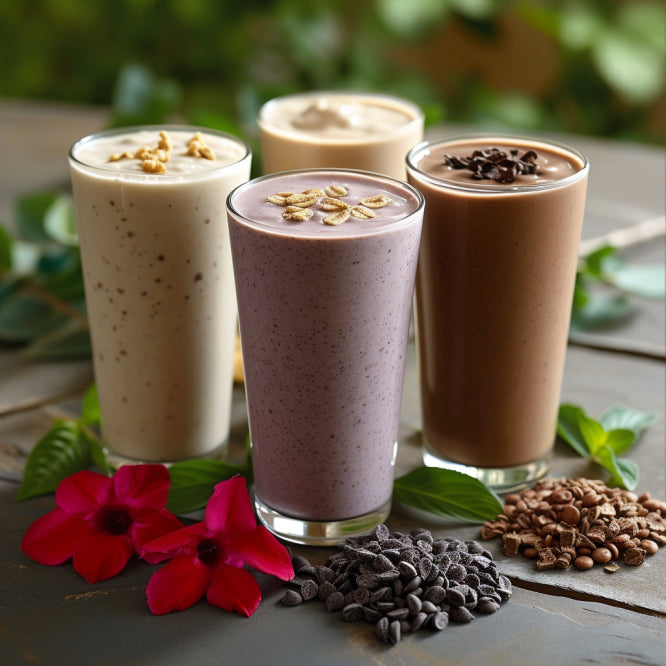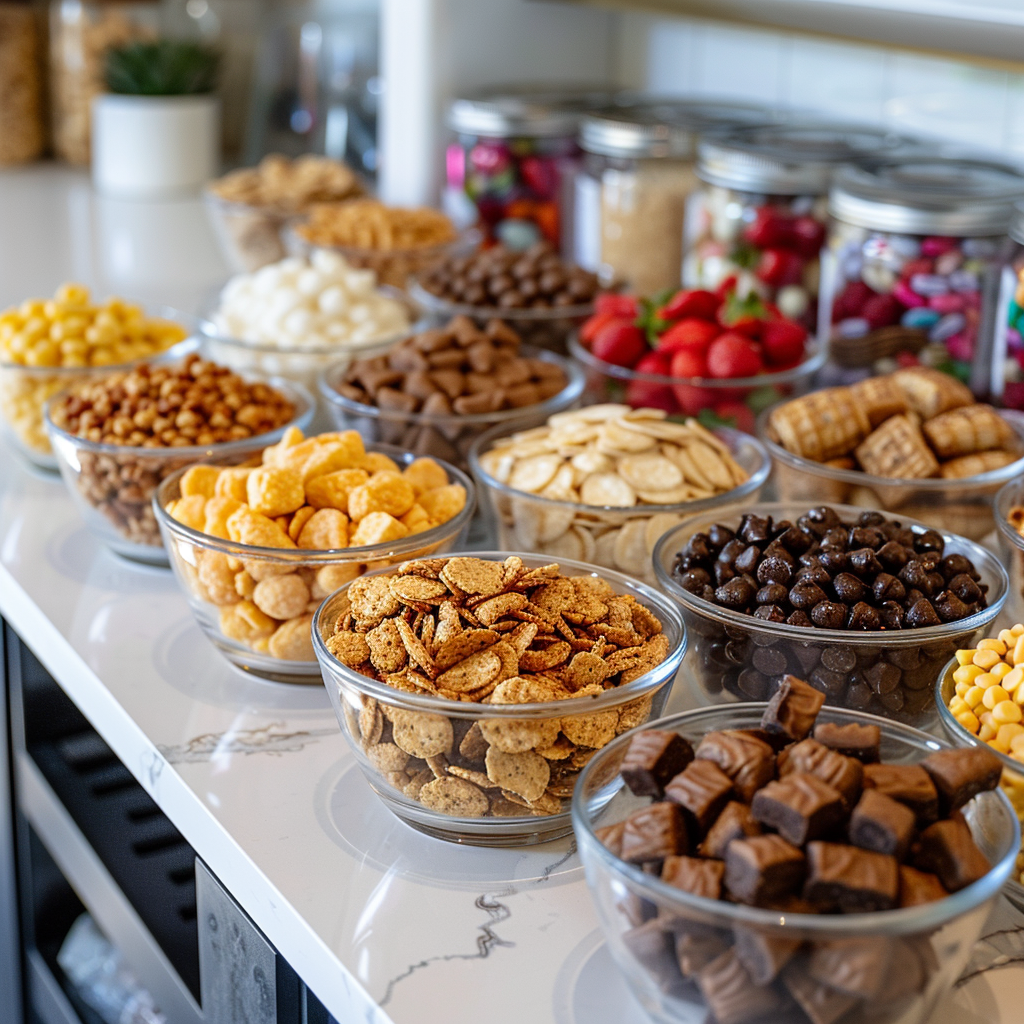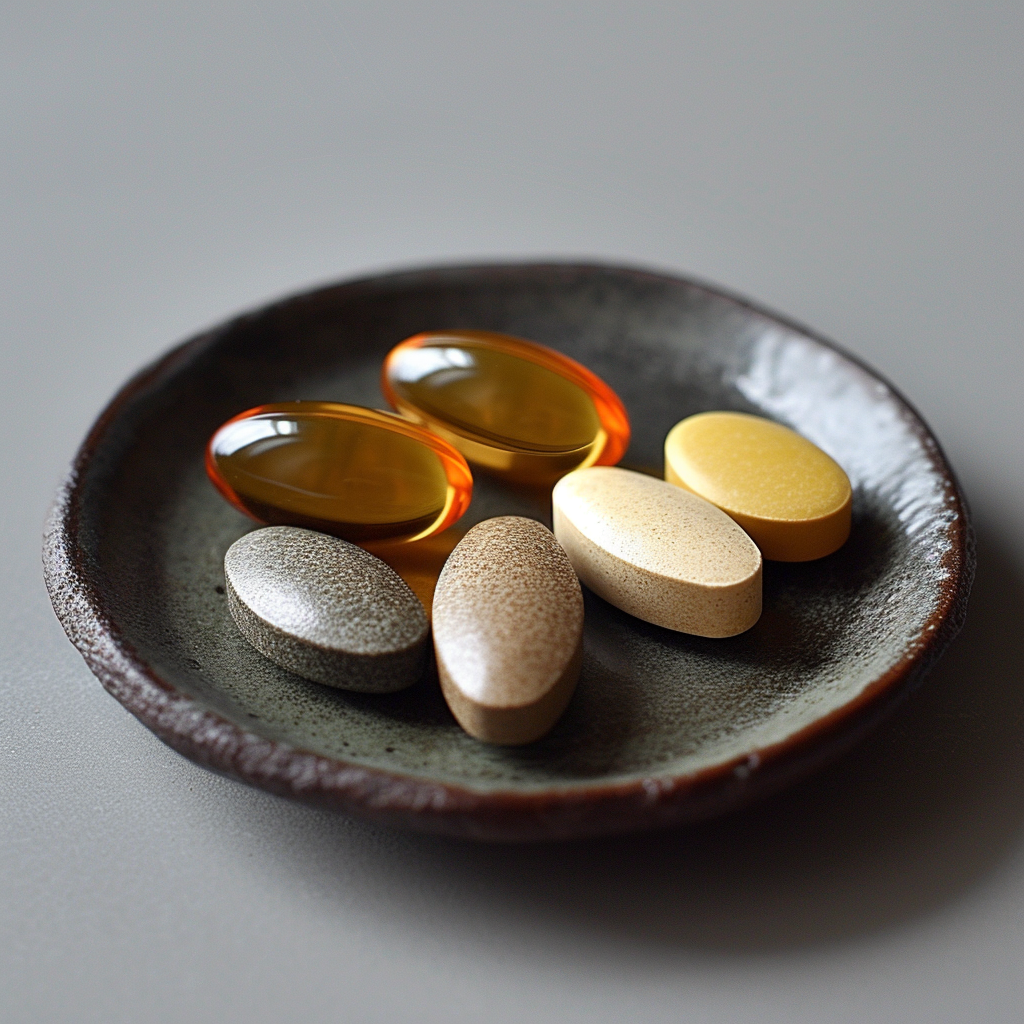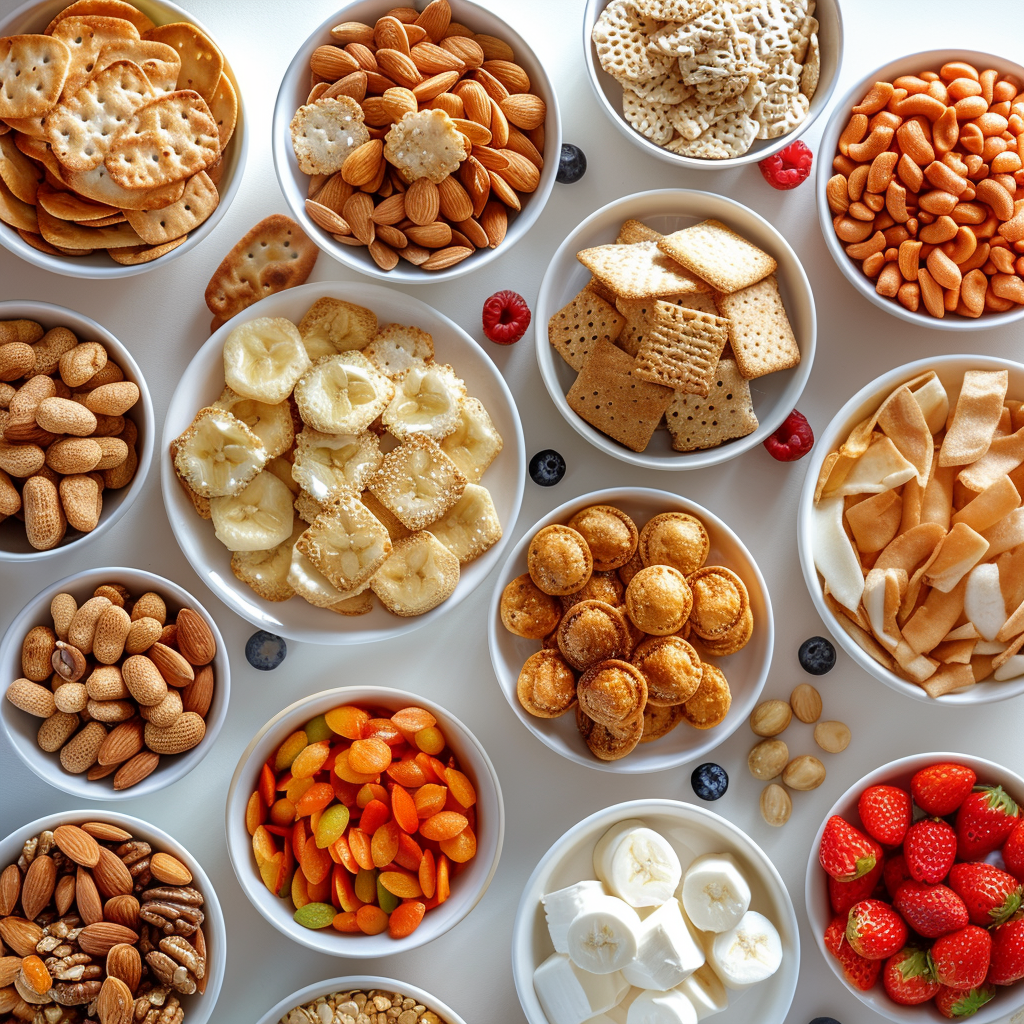Menu
Your cart is empty
Looks like you haven't added anything to your cart yet
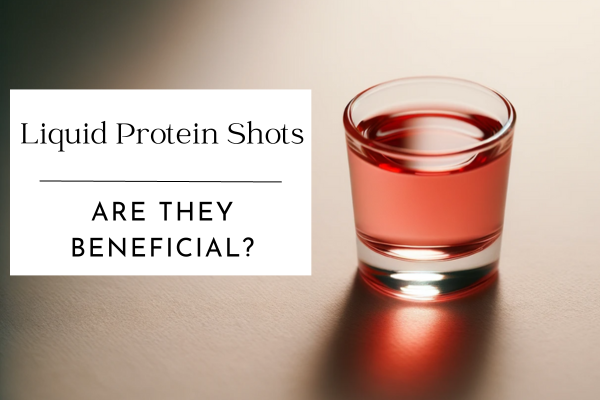
Are Liquid Protein Shots as Good as Solid Protein?
Why Does Our Body Need Protein?
Many of us are under the impression that only athletes and gym-goers need daily protein to help them achieve their fitness goals. However, this isn't true.
All of us require protein to ensure our bodies function properly, to maintain strong muscles and joints, and to sustain overall good health.
The importance of protein is evident from the fact that protein deficiency can lead to weak and shrinking muscles and bones, edema, brittle hair and nails, poor skin health, liver and kidney problems, weakness, fatigue, a compromised immune system, anemia, stunted growth, and more.
This is why we can all agree that protein is a non-negotiable component of any diet, but the choice of how we consume it is entirely up to us.
What Are Liquid Protein Shots?
Liquid protein shots allow us to consume concentrated protein in liquid form. Primarily known for their convenience, they typically come in small, portable bottles that you can carry with you, making it easy to get your daily protein intake in a matter of seconds.
It's a pre-made solution. There's no need to cook, stir, warm, cut, or do anything else. You can take it to work, the gym, practice sessions, or anywhere you go to quickly meet your daily protein requirements.
Additionally, they provide the same amount of protein as solid food sources, so you can get a comparable 15 grams of protein from a liquid shot as you would from some high protein meal replacement bars.
How Do Liquid Protein Shots Compare to Solid Protein?
Eating solid protein on a day-to-day basis and incorporating it into the diet isn't all that difficult. However, that assumes everyone has a pretty straightforward routine where they can sit down for each meal and plan their nutrient intake accordingly.
The reality is far from it. Some people have an on-the-go routine, with no more than 5 minutes between work and the gym, between two classes, or between one job and another. It doesn't mean these busy bees don't prioritize their health; they do. It's just that protein intake can become difficult for them when they don't have time to prepare lean meats, quinoa, or eggs.
In such cases, liquid protein shots can come in handy, allowing busy individuals to get their nutrients without a pause. The question is, how do these liquid protein shots compare to solid protein?

Suggested Reading: The Best Meal Replacement Shakes For Weight Loss
Food Sources
When it comes to solid protein intake, you'll find a plethora of options right in your refrigerator. Lean meats, eggs, legumes, fish, dairy products, soy, seitan, and more can provide a substantial dose of protein, along with other essential nutrients. These foods can constitute complete meals, offering a balance of healthy fats, carbohydrates, vitamins, and more.
Furthermore, the type of protein you obtain from each of these sources is unique; for example, ovalbumin, the protein found in eggs, plays a special role in hormonal balance.
What's more, the beauty of these solid protein sources is their versatility, catering to a wide range of dietary preferences, including vegans, meat eaters, vegetarians, and pescatarians.
These protein sources are considered whole foods, and they have minimal negative impact on health. They also contribute to weight management by promoting a feeling of fullness while delivering essential nutrients.
On the other hand, when it comes to liquid protein shots, they offer a concentrated punch of nutrition. If you've chosen the right brand, your liquid protein shot will contain a complete blend of proteins, resembling a condensed form of collagen, as well as whey protein or casein protein concentrate.
These shots are further fortified with minerals and vitamins to mimic the nutritional profile of whole foods.
Consumption and Absorption
Solid protein sources take longer to digest, which is why they keep us feeling satisfied and full for extended periods, effectively suppressing hunger. Additionally, they contribute to improved digestion by stimulating the release of enzymes.
On the other hand, liquid protein shots offer greater convenience due to their easier and faster digestion and absorption. When you're trying to meet your daily protein intake, especially before, after, or during a workout when you don't want a full meal weighing you down, liquid protein shots are the ideal choice.
If you're a full-time athlete or a trainer, you're likely on the move more often than not. In such situations, opting for a quick liquid protein shot ensures that your body receives the necessary nutrients without causing nausea or a heavy feeling.
Nutrients and Calories
Liquid protein shots usually contain fewer calories than protein bars and other solid protein options. You may even find some with zero calories. Choosing liquid protein can help you avoid unwanted additives and deliver a precise amount of concentrated protein.
On the other hand, whole-food protein sources provide a wider array of nutrients, even including fats when you may not desire them. However, liquid protein shots may lack various vitamins, minerals, and other beneficial compounds typically found in whole foods. The latter shortcoming can be avoided by picking the right manufacturers.
Convenience
The demands of real life can be hectic, and this is where liquid protein shots shine by saving you time. When you're running low on protein after a brutal workout and face the choice between chugging a pre-prepared shot or thawing raw meat, opting for the shot provides an effortless way to get your protein intake.
Are Liquid Protein Shots Healthy & Can They Help Build Muscle?
Yes, liquid protein can contribute to muscle building, just like other forms of protein.
An adequate amount of protein is needed to support muscle protein synthesis, a process through which the body repairs and builds muscle tissue.
Liquid protein shots can be a convenient and efficient way to ensure you're getting the necessary protein intake to support muscle growth.
This is especially true for those who find it challenging to consume enough protein through whole foods alone.
However, just having protein shots wouldn’t result in building muscles. To do that one must follow a well-balanced diet and a daily fitness routine. Only then can one maximize the muscle-building benefits of liquid protein shots.
Frequently Asked Questions
Q) When Is the Best Time to Take Liquid Protein Shots?
The best time to take liquid protein shots depends on your schedule. Many opt for post-workout for muscle recovery, while others use them as pre-workout fuel. Some prefer during workouts for endurance, between meals as snacks, or before bed for overnight muscle support. Ultimately, it depends on when it's convenient for you to ensure your daily protein intake.
Q) Is Liquid Protein Absorbed Faster?
Yes, liquid protein is generally absorbed faster than solid protein sources. Liquids are digested more quickly because they don't require as much breakdown in the stomach as solid foods.
Q) How Much Liquid Protein Can I Drink in A Day?
The amount of liquid protein you can drink in a day depends on several factors, including your individual protein needs, overall diet, and specific goals. Generally, it's recommended that adults consume around 0.8 to 1.2 grams of protein per kilogram of body weight per day.
The Final Verdict: Which Form of Protein is Better?
No one can debate the fact that protein is essential for a healthy life. Protein helps in building strength and muscle and whether you take it in liquid or solid form it is equally effective.
The choice between which form is better for you aligns with your lifestyle needs. For example, can you prepare your meals in advance and afford the time for digestion during work or rest? Or do you find yourself constantly on the go, transitioning from one task to another with minimal spare time?
In the latter scenario, we recommend investing in a high-quality, well-blended liquid protein shot that can give you the protein boost you need when you need it without it being high in calories or fats.
To learn more visit AmBari Nutrition or call us at (888) 444-7120
References:
https://www.weekand.com/healthy-living/article/eating-protein-vs-drinking-protein-shake-18008846.php
https://uniquetimes.org/protein-consumption-weighing-the-pros-and-cons-of-eating-vs-drinking/
https://proteinex.com/blogs/protein/what-is-liquid-protein
https://healthwick.ca/blogs/news-and-articles/what-is-liquid-protein
https://www.freeletics.com/en/blog/posts/protein-shake-vs-protein-food/
Writer: Allison Allison is a seasoned nutritionist and writer with over 15 years in health and weight management. She's authored journals on medical weight loss and bariatric medicine, and has specialized in bariatric foods. |
Reviewed By: Dr. K. Huffman Dr. Kevin D. Huffman, D.O., is a board-certified bariatric physician renowned for his expertise in treating obesity. With over 10,000 patients and a reputation as a national leader in bariatric medicine, he has trained hundreds of healthcare providers. Dr. Huffman develops protocols and training materials sought after by medical societies, pharmaceutical companies, patients, and hospitals. |
- Choosing a selection results in a full page refresh.


